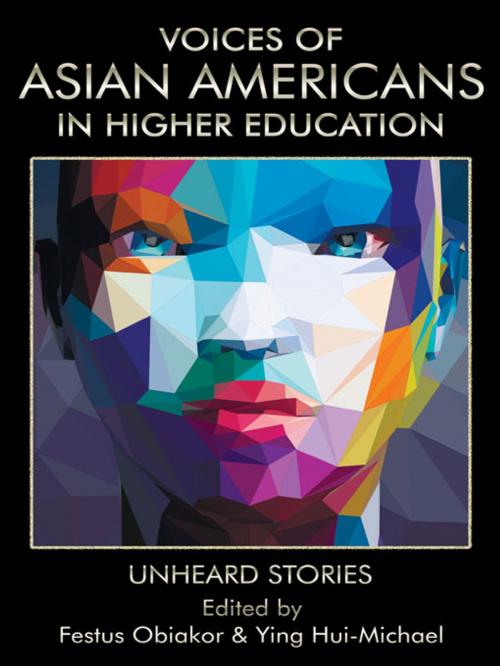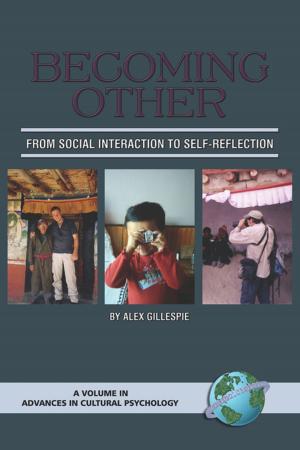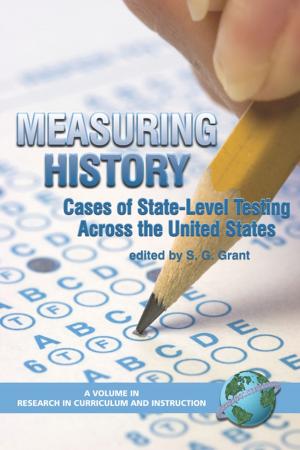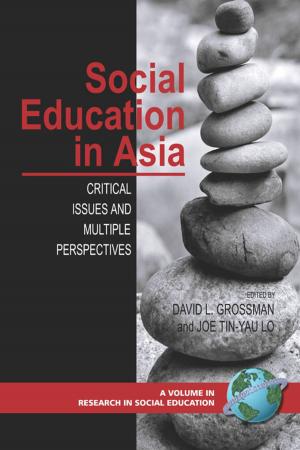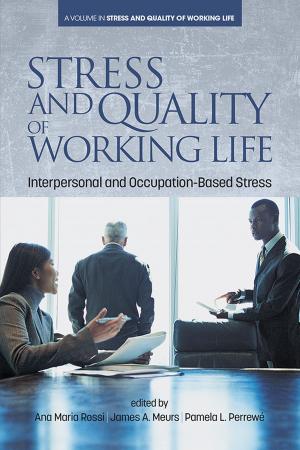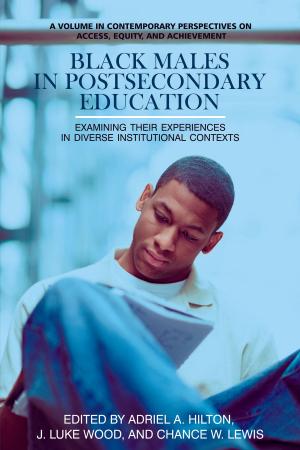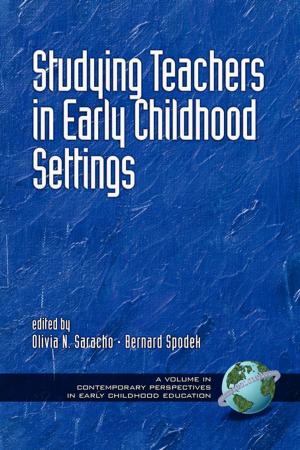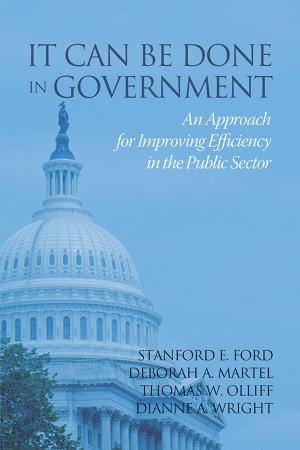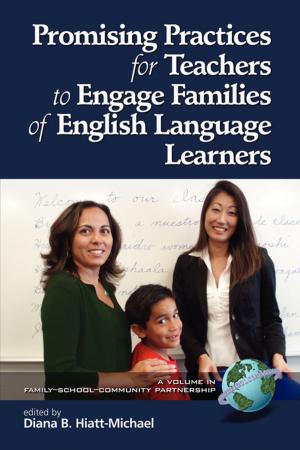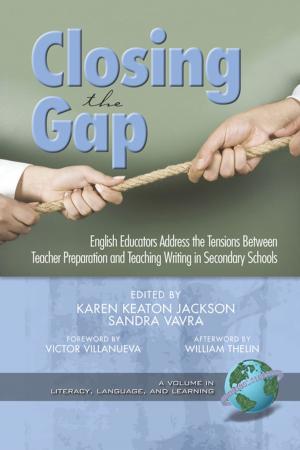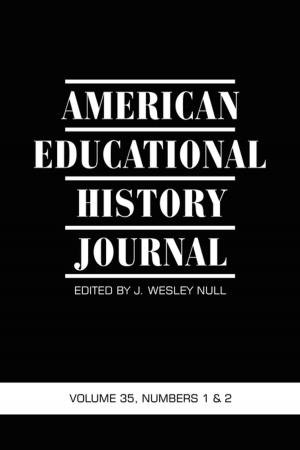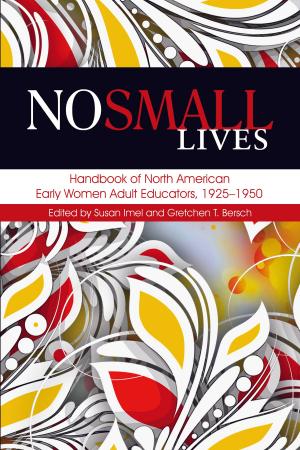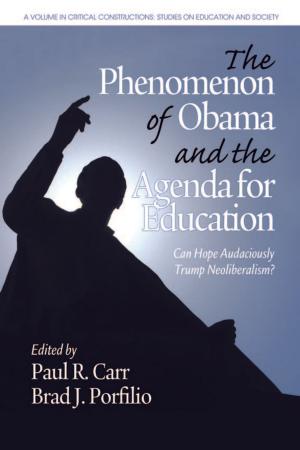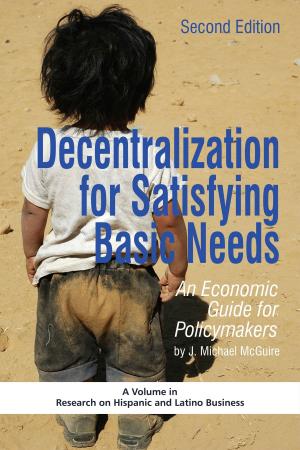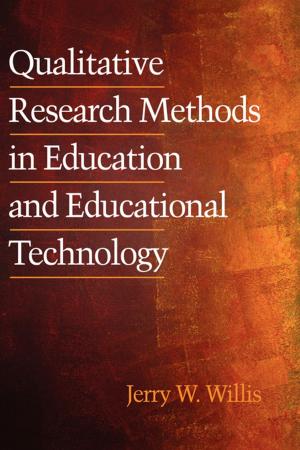Voices of Asian Americans in Higher Education
Unheard Stories
Nonfiction, Reference & Language, Education & Teaching, Educational Theory, Multicultural Education, Higher Education, Administration| Author: | ISBN: | 9781641134347 | |
| Publisher: | Information Age Publishing | Publication: | October 1, 2018 |
| Imprint: | Information Age Publishing | Language: | English |
| Author: | |
| ISBN: | 9781641134347 |
| Publisher: | Information Age Publishing |
| Publication: | October 1, 2018 |
| Imprint: | Information Age Publishing |
| Language: | English |
Voices of Asian Americans in Higher Education: Unheard Voices is a unique and historical book. Asian Americans are often portrayed as “model minority”, yet their personal and educational experiences are often unheard. In this book, 10 Asian American educators and scholars present realistic pictures of America’s higher education using personal narratives. The contributors in this book come from different regions and teach in different colleges and universities; and coincidentally, they all endure the “outsider” category formerly as students and now as professors and leaders. This “outsider” status can be emotionally overwhelming and psychologically unnerving. This status hampers opportunities for Asian Americans to grow and maximize their fullest potential. Though they develop different strategies to address their “outsider” label, it does not make it comfortable. But, time and time again, they have proven that they can succeed! In this technological age, we must value unending truths as we educate ourselves and others. We hope that this book will be an educational and informational resource for students, administrators, and faculty in higher education and also educational policy makers and stakeholders.
Voices of Asian Americans in Higher Education: Unheard Voices is a unique and historical book. Asian Americans are often portrayed as “model minority”, yet their personal and educational experiences are often unheard. In this book, 10 Asian American educators and scholars present realistic pictures of America’s higher education using personal narratives. The contributors in this book come from different regions and teach in different colleges and universities; and coincidentally, they all endure the “outsider” category formerly as students and now as professors and leaders. This “outsider” status can be emotionally overwhelming and psychologically unnerving. This status hampers opportunities for Asian Americans to grow and maximize their fullest potential. Though they develop different strategies to address their “outsider” label, it does not make it comfortable. But, time and time again, they have proven that they can succeed! In this technological age, we must value unending truths as we educate ourselves and others. We hope that this book will be an educational and informational resource for students, administrators, and faculty in higher education and also educational policy makers and stakeholders.
